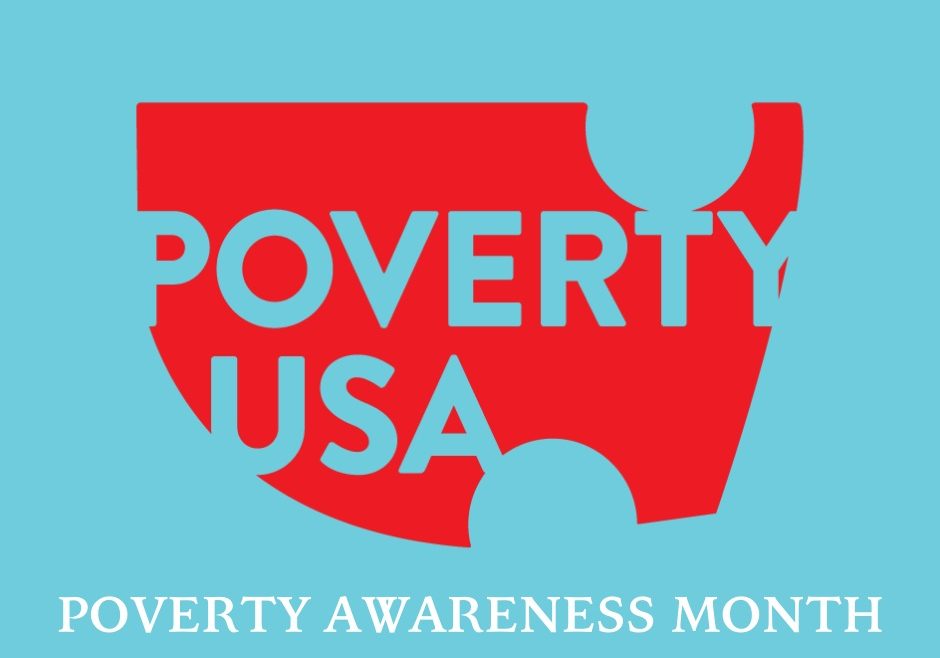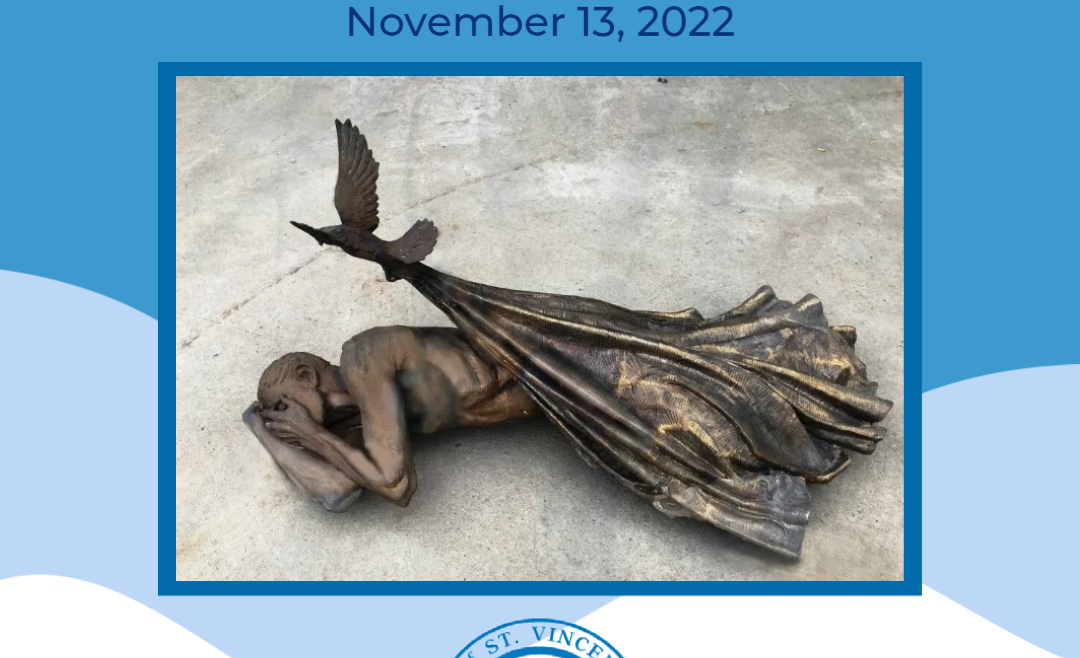January is Poverty Awareness Month
On the Eighth World Day of the Poor, Pope Francis wrote:
“If prayer does not translate into concrete action, it is in vain; indeed, ‘faith by itself, if it has no works, is dead.’”
January is Poverty Awareness Month, a time for all people of faith to defend the life and dignity of those living in poverty. The Society of St. Vincent de Paul serves the poorest among us, not just during Poverty Awareness Month, but every day of the year. We put faith into action, rooted in love for those we serve as we are called to do.
The U.S. Department of Housing and Urban Development’s Annual Homelessness Assessment Report, released on December 27, underscores the crisis of poverty and homelessness facing America. The report found more than 770,000 individuals were experiencing homelessness on a single night in 2024 — an increase of 18% over last year and an all-time high.
The crisis is growing, and we know that prayer alone is not enough. We are called to recognize those who struggle and to respond with compassion, love, and action. The Society of St. Vincent de Paul brings personalized help to people in crisis, as Vincentian volunteers in more than 4,000 communities across the country provide rental and utility assistance, food, medical care, educational support, and more. There is a transformative power in giving ourselves — our time, our attention, our presence — through these acts of love and service.
Our faith informs who and how we serve, and our service to those living in poverty strengthens our faith. This Poverty Awareness Month, our mission remains unchanged. The Society of St. Vincent de Paul is, and forever will be, a network of friends, inspired by Gospel values, growing in holiness and building a more just world through personal relationships with and service to people in need.
– John Berry
National President of SVdP USA





